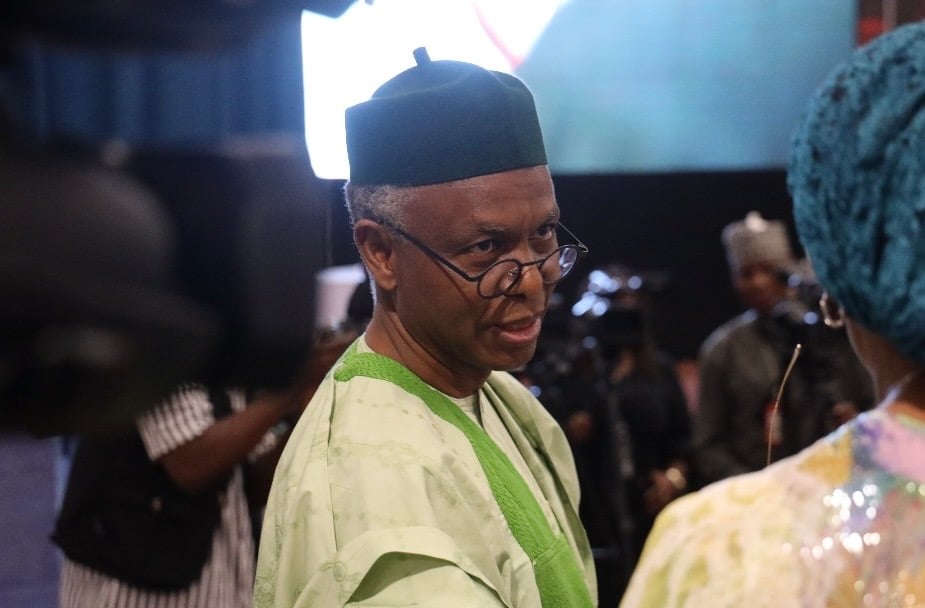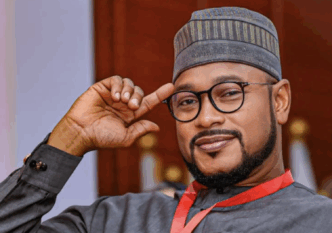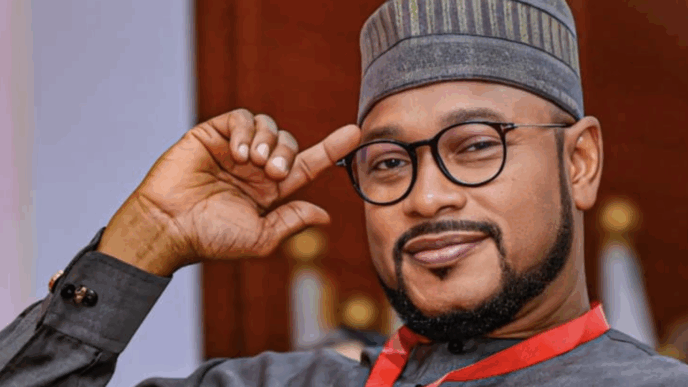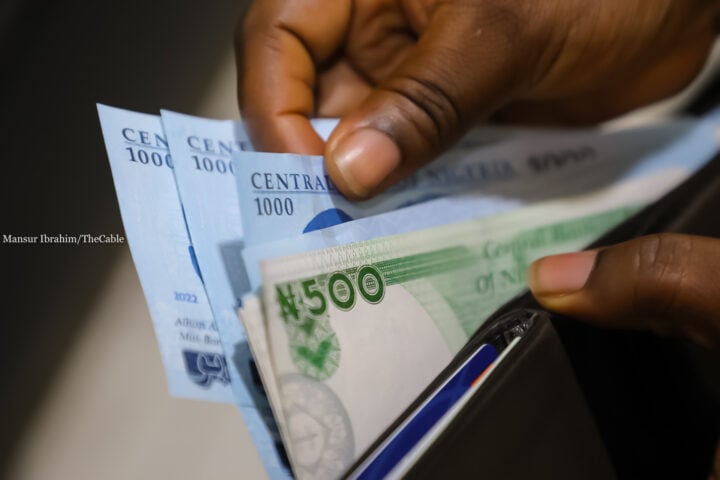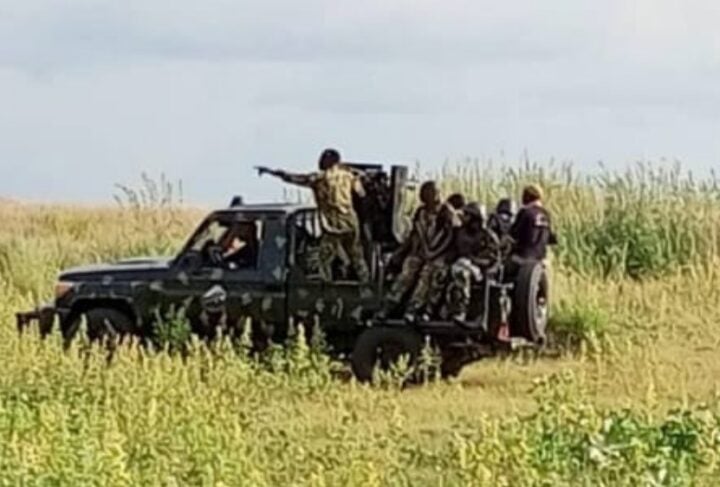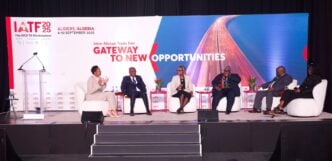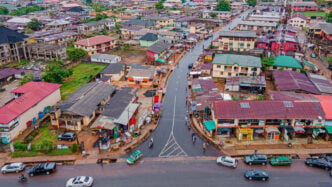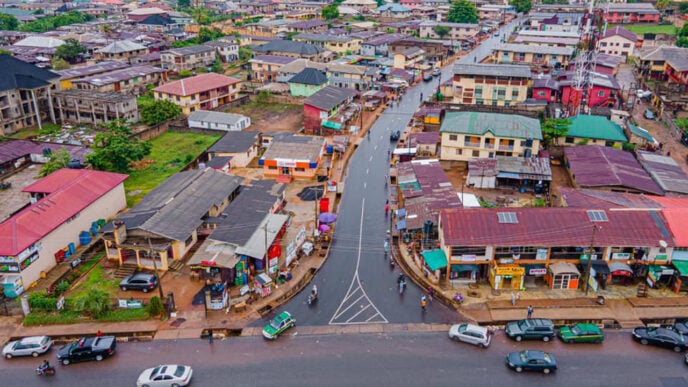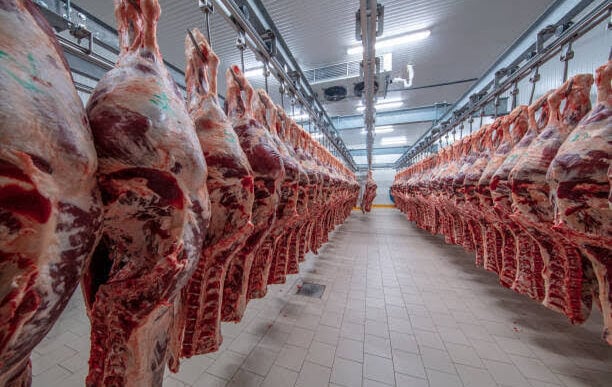Nasir el-Rufai
BY BELLO BISSALA
Recently, on Channels TV’s “Sunday Politics,” former Kaduna State Governor Mallam Nasiru El-Rufai once again demonstrated his penchant for dangerous misconceptions, this time targeting the people and region of Southern Kaduna. While it is tempting to ignore his usual tirade of lies, we, the people of Southern Kaduna, cannot remain silent. We must respond to this unfounded rhetoric to ensure that the truth is heard and recorded for posterity.
El-Rufai’s tenure is not the only reference point for governance in our state. Before him, we had a long line of military and civilian governors who, unlike him, made genuine efforts to live and work in harmony with the people of Southern Kaduna. Their actions stand in stark contrast to the divisive narratives he continues to push.
Southern Kaduna is not a fringe demographic, nor is it limited to a narrow senatorial definition. It is a diverse and influential region at the heart of Kaduna State’s political, cultural, and economic life. Misrepresentations—such as those advanced by former Governor Nasir El-Rufai—undermine truth, fairness, and unity. The following outlines verified facts and counterpoints that correct these distortions made by El-Rufai.
Advertisement
1. Geographic and Demographic Realities
Verified Facts – Coverage: Southern Kaduna spans 12 LGAs—Chikun, Jaba, Jema’a, Kachia, Kaduna South, Kagarko, Kajuru, Kaura, Kauru, Sanga, and Zangon Kataf and Lere covering ~26,000 sq km of Kaduna’s 46,000 sq km.
Senatorial Zone: The Kaduna South Senatorial Zone comprises only 8 LGAs (Jaba, Jema’a, Kachia, Kagarko, Kaura, Kauru, Sanga, Zangon Kataf) with Kafanchan as its hub.
Advertisement
Population: Projections place Southern Kaduna’s population between 3.5–5.1 million (40–46% of the state total), nearly half of Kaduna State’s ~10 million residents (2025 NBS projection).
El-Rufai routinely narrows Southern Kaduna to its senatorial zone, diminishing its actual scale and influence. This rhetorical tactic enables exclusion, but it ignores demographic evidence that Southern Kaduna is both populous and central to Kaduna State. Lere LGA (Southern Kaduna) which borders Plateau State, Kauru LGA and in fact 75% Christians is situated in Kaduna North Senatorial Zone but considered a full Southern Kaduna LGA by tribal affiliation, mapping location and affinity while Chikun, Kajuru, Kaduna South add up the rest.
El-Rufai’s claim that Christians form “not even 30%” of the state population is demonstrably false. Southern Kaduna alone disproves this, as it contains the most educated communities, higher per-capita incomes, and lower poverty indices compared to other Northwestern regions. Despite limited state investment, federal interventions (e.g., University and FMC) have sustained growth. To dismiss this demographic is to undermine equity and good governance.
2. Electoral Influence
Refuting El-Rufai’s Narrative
Advertisement
Claim: El-Rufai dismissed Southern Kaduna as politically insignificant, framing its inclusion demands as entitlement.
Verified Facts
• Registered Voters (2023): Kaduna State – 4.335 million; Southern Kaduna – 1.895 million (43.7%).
Election Results (2023): The Election results of 2023 clearly showed the role played by Southern Kaduna in deciding the winner of the election. Despite the slim margin of victory with which the APC emerged as the winner, the majority of the votes that propelled the PDP and APC came from Southern Kaduna as seen in the breakdown below:
• APC (Uba Sani) – 730,002 votes (47%)
Advertisement
• PDP (Isah Ashiru) – 719,196 votes (46%)
• Margin: 10,806 votes (<1%) (despite the around 50,000 votes that went to Labour Party)
Advertisement
Fact and Context
Southern Kaduna, comprising 12 Local Government Areas (LGAs) and 43.7% of Kaduna State’s registered voters, is a pivotal electoral force, despite former Governor Nasir El-Rufai’s (2015–2023) claims of its political insignificance. In the 2023 governorship election, the region’s verifiable votes, transparently recorded via INEC’s Result Viewing Portal (IReV), was a major factor in deciding the winner of the elections, underscoring Southern Kaduna’s indispensable role. Despite challenges like violence, intimidation, Southern Kaduna’s electoral weight demands recognition and robust safeguards to ensure fair representation.
Advertisement
Verified Electoral Data
Voter Base: Kaduna State had 4.335 million registered voters in 2023 (INEC), with Southern Kaduna’s 12 LGAs—Chikun (334,071), Jaba, Jema’a, Kachia, Kaduna South (407,580), Kagarko, Kajuru, Kaura, Kauru, Sanga, Zangon Kataf, and parts of Lere—contributing 1.895 million (43.7%). IReV exposed irregularities in other parts of the state, such as over-voting and unverified results, while Southern Kaduna’s votes showed consistent accreditation-to-vote ratios, reflecting credible turnout. With 43.7% of voters, Southern Kaduna was decisive in the 2023 elections. Its verifiable votes, backed by IReV’s transparency, contrasted with disputed figures from other parts of the state, highlighting a resilient electoral bloc despite intimidation and suppression.
Advertisement
3. Civil Service and Resource Allocation
Verified Facts
• Southern Kaduna accounts for ~51% of Kaduna’s civil service, rooted in missionary-era education that produced skilled manpower.
• El-Rufai’s tenure introduced mass layoffs, reduced stipends, and curtailed new opportunities, disproportionately affecting Southern Kaduna.
• Labeling this civil service presence as “privilege” is misleading. It reflects historical resilience and educational investment, not political favoritism. The real issue is the lack of contemporary inclusion in high-level appointments and development projects, which perpetuates inequality.
4. Religious Polarization and Electoral Tactics
Verified Facts
• El-Rufai publicly admitted that APC governors mobilized religion to justify the 2023 Muslim-Muslim ticket.
• Allegations persist of mass underage registration in other LGAs, contrasting with more credible accreditation-to-vote ratios in Southern Kaduna.
• Accusing Southern Kaduna indigenes of “entitlement” while exploiting religion as a tool of division is hypocritical. It deepens fractures in Kaduna State and undermines democracy. Southern Kaduna continues to vote in unity despite targeted violence and displacement—demonstrating civic responsibility, not entitlement.
6. Leadership Legacy: Division, Not Statesmanship
Verified Facts
• Southern Kaduna consistently turns out in elections, often in the face of adversity, and its leaders have shaped state outcomes.
• El-Rufai’s response has been to demonize leaders, deny demographic realities, and exacerbate ethnic-religious divides.
• True statesmanship requires gratitude, inclusion, and bridge-building. By contrast, El-Rufai’s record reflects authoritarian intolerance and bias against Christians in Kaduna State and Nigeria. The future of Kaduna depends on rejecting this legacy and advancing fair representation, transparent elections, and policies of unity.
Conclusion
Nasir El-Rufai’s narrative distorts facts about Southern Kaduna’s demographics, electoral power, and historical contributions. Evidence confirms that Southern Kaduna is a vital population bloc, an electoral powerhouse, and a hub of education and cultural resilience.
We have not forgotten how his administration sought to undermine Southern Kaduna, through a series of deliberate actions—including the balkanization of our traditional institutions, the redrawing of local government settings, and a disregard for the security of lives and property, several abandoned projects—all in an attempt to weaken and rewrite the region’s history.
Misrepresentations are not just inaccuracies—they are part of a broader agenda of exclusion.
Southern Kaduna stands for:
• Equity in governance
• Transparent democratic processes
• Unity across ethnic and religious lines
Stakeholders—within Kaduna and beyond—must recognize and act on these truths to ensure justice, peace, and inclusivity in governance.
Bissalla, Vice President II of the Southern Kaduna Peoples’ Union writes from Kaduna.
Views expressed by contributors are strictly personal and not of TheCable.
